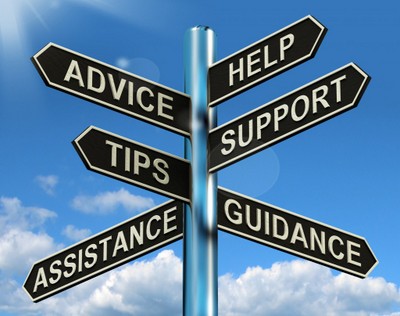
Signs of drug or alcohol abuse
Sometimes, despite parents’ best effort to educate and communicate with their child about drug and alcohol, a child will still experiment with one or both. Using your senses can help you decide if your teen is struggling with drug or alcohol abuse.
Sight: Do you see red eyes or cheeks and difficulty focusing? This could be an indication of drinking. Red eyes and small pupils can mean marijuana use. If you notice strange burns on the mouth or fingers, your teen could have been smoking something through a metal or glass pipe. Long sleeves in the summer/warm weather could be an effort to cover needle marks.
Smell: Alcohol, marijuana and cigarettes all have very strong odors. The presence of these smells on your teen or their clothing is reason for alarm. Even if they have only been around someone engaging in these activities, they are more likely to use in the future. On the other hand, you should also be wary of an over abundance of “good” smells such as breath mints, air freshener or heavy perfumes. These can all be used to mask the odor of illicit substances.
Sound: Pay attention to the verbal clues your teen may be giving you. The things your teen says or finds funny can be big indications of drug or alcohol use. Silence can also speak volumes. Has your normally talkative teen stopped sharing details about their day? Pay attention so you can identify what is a normal teen mood swing and what might mean something more serious.
A few other signs include changes in your teens social circle or stories that don’t quite add up. For example, if your teen goes to an athletic event but can’t tell you which team won. If childhood friends have suddenly been replaced with kids you don’t know, it may be time to be concerned.
In short, no one knows your teen better than you. If you think your teen is using drugs or alcohol take the right steps to find out for sure. The sooner your teen gets help, the sooner he or she can get on the road to recovery.
